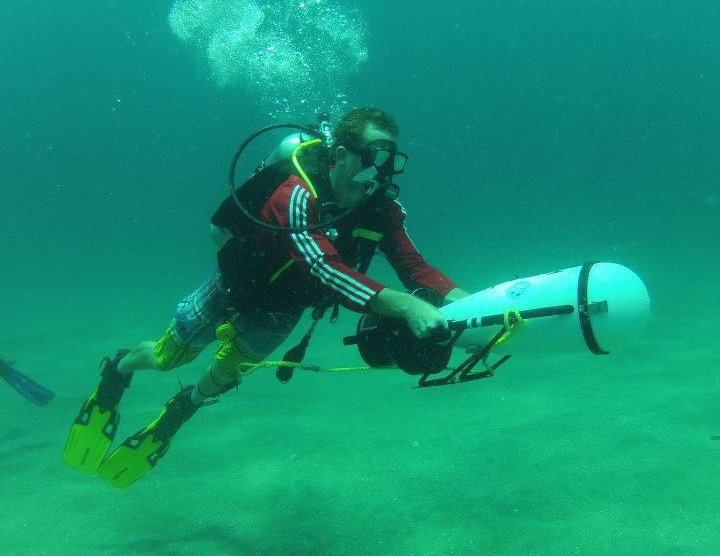Document Type
Article
Publication Title
PeerJ
Abstract
Ocean acidification threatens the foundation of tropical coral reefs. This study investigated three aspects of ocean acidification: (i) the rates at which perforate and imperforate coral-colony skeletons passively dissolve when pH is 7.8, which is predicted to occur globally by 2100, (ii) the rates of passive dissolution of corals with respect to coral-colony surface areas, and (iii) the comparative rates of a vertical reef-growth model, incorporating passive dissolution rates, and predicted sea-level rise. By 2100, when the ocean pH is expected to be 7.8, perforate Montipora coral skeletons will lose on average 15 kg CaCO3 m2 y1, which is approximately 10.5mmof vertical reduction of reef framework per year. This rate of passive dissolution is higher than the average rate of reef growth over the last several millennia and suggests that reefs composed of perforateMontipora coral skeletons will have trouble keeping up with sea-level rise under ocean acidification. Reefs composed of primarily imperforate coral skeletons will not likely dissolve as rapidly, but our model shows they will also have trouble keeping up with sea-level rise by 2050.
DOI
10.7717/peerj.208
Publication Date
11-21-2014
Recommended Citation
van Woesik, Robert; van Woesik, Kelly; van Woesik, Liana; and van Woesik, Sandra, "Effects Of Ocean Acidification On The Dissolution Rates Of Reef-Coral Skeletons" (2014). Ocean Engineering and Marine Sciences Faculty Publications. 135.
https://repository.fit.edu/oems_faculty/135


